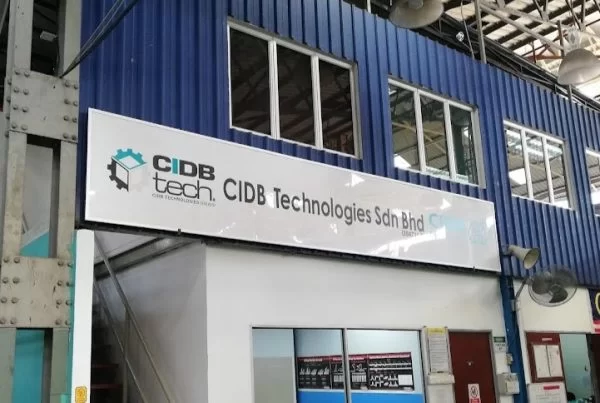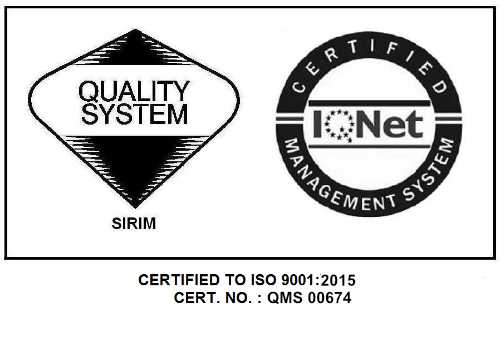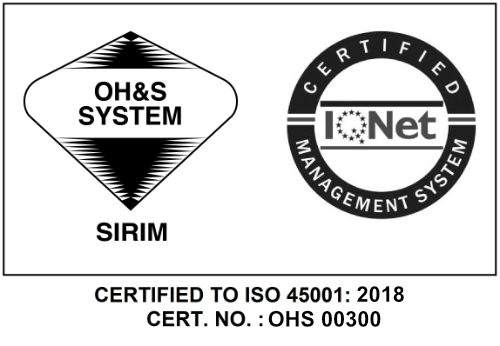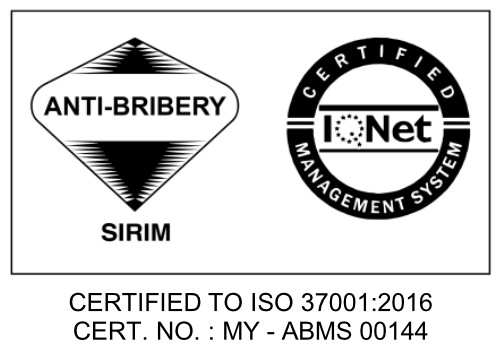
As Malaysia continues to urbanise rapidly, embracing advanced automation and artificial intelligence (AI) is becoming increasingly essential to enhance the efficiency and safety of the construction industry, according to Datuk Seri Alexander Nanta Linggi, the Works Minister. He emphasised the strategic necessity during his address at the opening of the South East Asian Conference and Exhibition in Tunnelling and Underground Space (Seacetus 2024) in Kuala Lumpur on May 5.
The two-day event, organised by the Institution of Engineers Malaysia (IEM) in collaboration with the International Tunnelling and Underground Space Association (ITA), brought together regional construction experts. Its primary aim was to position Malaysia as a hub for tunnel-related endeavours, leveraging past achievements such as the Stormwater and Traffic Management Tunnel (SMART), the transportation tunnels used in the MRT lines and the ongoing East Coast Rail Link (ECRL).
Minister Linggi further detailed Malaysia’s roadmap in the 12th Malaysia Plan (2021-2025), pointing out that the policy aims to expedite the adoption of cutting-edge technologies. This strategic integration of AI and automation is aligned with the Fourth Industrial Revolution’s goals to boost the nation’s digital economy.
The minister also highlighted significant projects that underscore Malaysia’s commitment to enhancing connectivity and economic development, such as the ongoing construction of the ECRL and the proposed Kuala Lumpur-Singapore High-Speed Rail. These projects are keystones in elevating Malaysia’s status as a high-income nation through sophisticated transportation networks.
During the conference, Prof Arnold Dix, ITA president, also presented a compelling narrative about his role in the rescue operations during the collapse of the Silkyara Tunnel in Uttarakhand, India. This incident, which trapped 41 workers for 17 days, was a testament to the critical importance of safety in tunnelling operations.
By adopting more automated technologies, Malaysia aims to boost project safety and efficiency and cultivate a skilled workforce capable of handling the demands of high-tech construction environments. The Works Ministry is committed to supporting this transformation, aiming to enhance both the construction ecosystem and the professional development of industry personnel.














